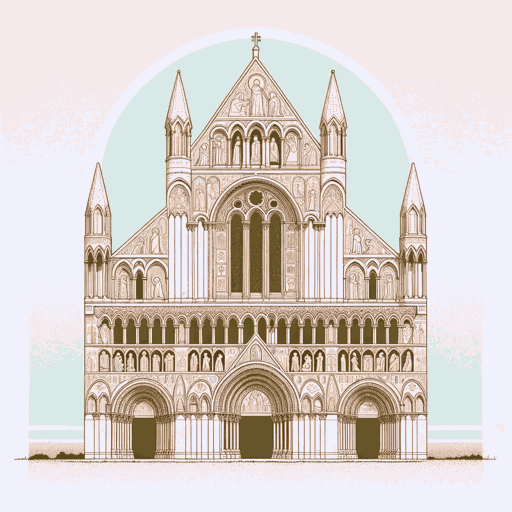42 pages • 1 hour read
J.L. CarrA Month in the Country
Fiction | Novel | Adult | Published in 1980A modern alternative to SparkNotes and CliffsNotes, SuperSummary offers high-quality Study Guides with detailed chapter summaries and analysis of major themes, characters, and more.
Important Quotes
“A novel—a small tale, generally of love.” Dr. Johnson’s Dictionary
(Epigraph, Page 0)
The quote, taken from Samuel Johnson’s 1755 classic Dictionary of the English Language, sets the tone for the novel. In so doing, it defines the thematic and structural conceptual for the novel. This is neither a war novel nor an art novel—this is a love story about the reclamation of a damaged heart.
“The graveyard wall was in good repair; although, surprisingly, the narrow gate’s neck was smashed and it was held-to by a loop of binder twine”
(Page 6)
For the first half of the novel, nothing Birkin does is not shaded by his awareness of death. Without drawing attention to his war service and combat fatigue, Birkin reveals the impact of the war because he can never entirely locate himself within the moment without thinking about death. Here in his architectural inventory of the ancient gate of the church’s graveyard, Birkin reveals his preference to deal with machines because they are more reliable and logical than people. When they break, they can be fixed, unlike people.
“Indeed I looked like an Unsuitable Person likely to indulge in Unnatural Activities who, against [Keach’s] advice, had been unnecessarily hired to uncover a wall-painting he didn’t want to see, and the sooner I got it done and buzzed off back to sin-stricken London the better.”
(Page 9)
This quick self-assessment of Birkin’s appearance, a lame joke, suggests his critical over-judgmental frame of mind—he does not think much of himself. He arrives at Oxgodby unable to make peace with himself, dogged by his war experiences, and savaged by his wife’s infidelities. He is broken and conceives of himself—and his mission to recover the church mural—as pointless, and his life as adrift in existential despair.

